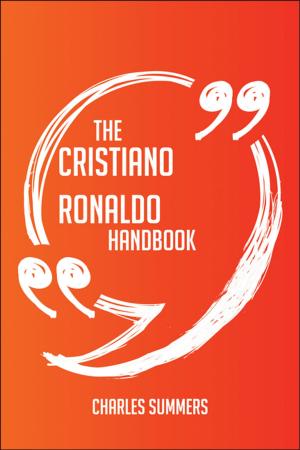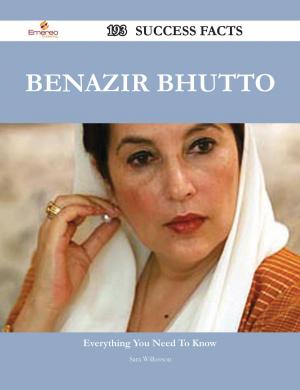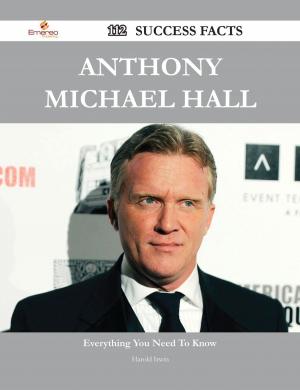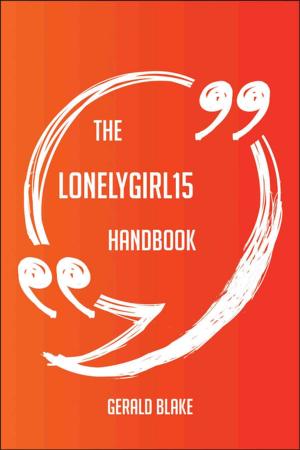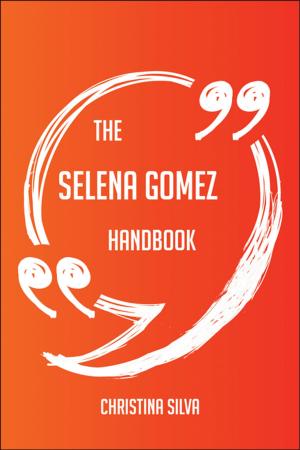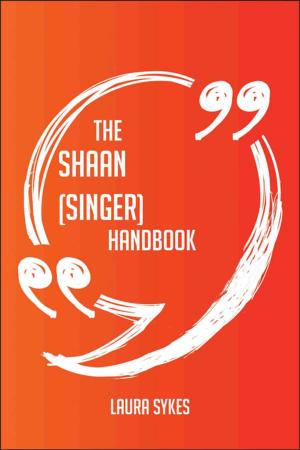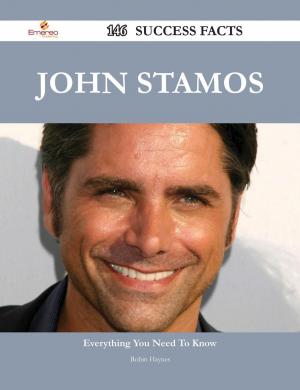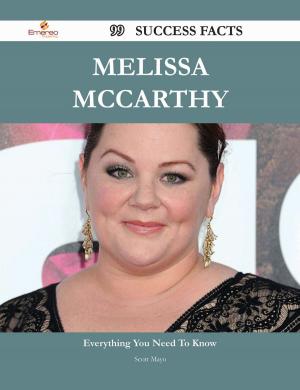The Letters of William James, Vol. 1 - The Original Classic Edition
Nonfiction, Reference & Language, Reference, Fiction & Literature| Author: | William James | ISBN: | 9781486448739 |
| Publisher: | Emereo Publishing | Publication: | March 18, 2013 |
| Imprint: | Emereo Publishing | Language: | English |
| Author: | William James |
| ISBN: | 9781486448739 |
| Publisher: | Emereo Publishing |
| Publication: | March 18, 2013 |
| Imprint: | Emereo Publishing |
| Language: | English |
Finally available, a high quality book of the original classic edition of The Letters of William James, Vol. 1. It was previously published by other bona fide publishers, and is now, after many years, back in print.
This is a new and freshly published edition of this culturally important work by William James, which is now, at last, again available to you.
Get the PDF and EPUB NOW as well. Included in your purchase you have The Letters of William James, Vol. 1 in EPUB AND PDF format to read on any tablet, eReader, desktop, laptop or smartphone simultaneous - Get it NOW.
Enjoy this classic work today. These selected paragraphs distill the contents and give you a quick look inside The Letters of William James, Vol. 1:
Look inside the book:
They seem to have been reckoned as pious people, and several of their number are known to have been generous supporters of the churches in which they worshiped; but, if one may judge by the scanty records which remain, there is no one among them to whom one can point as foreshadowing the inclination to letters and religious speculation that manifested itself strongly in William James and his father. ...Theological differences estranged him from two of his sons,—William and Henry,—and though the old man became reconciled to one of them a few days before his death, he left a will which would have cut them both off with small annuities if its elaborate provisions had been sustained by the Court. ...She was the daughter of James and Mary (Robertson) Walsh of New York City, and was thus descended from Hugh Walsh, an Irishman of English extraction who came from Killingsley, County Down, in 1764, and settled himself finally near Newburgh, and from Alexander Robertson, a Scotchman who came to America not long before the Revolution and whose name is borne by the school of the Scotch Presbyterian Church in New York City.
About William James, the Author:
President Jimmy Carter's Moral Equivalent of War Speech, on April 17, 1977, equating the United States' 1970's energy crisis, oil crisis and the changes and sacrifices Carter's proposed plans would require with the 'moral equivalent of war,' may have borrowed its title, much of its theme and the memorable phrase from James' classic essay 'The Moral Equivalent of War' derived from his last speech, delivered at Stanford University in 1906, in which 'James considered one of the classic problems of politics: how to sustain political unity and civic virtue in the absence of war or a credible threat....' and '...sounds a rallying cry for service in the interests of the individual and the nation.' ...It was premised on the fact that emotions are often accompanied by bodily responses (racing heart, tight stomach, sweaty palms, tense muscles, and so on; sympathetic nervous system) and that we can sense what is going on inside our body much the same as we can sense what is going on in the outside world.
Finally available, a high quality book of the original classic edition of The Letters of William James, Vol. 1. It was previously published by other bona fide publishers, and is now, after many years, back in print.
This is a new and freshly published edition of this culturally important work by William James, which is now, at last, again available to you.
Get the PDF and EPUB NOW as well. Included in your purchase you have The Letters of William James, Vol. 1 in EPUB AND PDF format to read on any tablet, eReader, desktop, laptop or smartphone simultaneous - Get it NOW.
Enjoy this classic work today. These selected paragraphs distill the contents and give you a quick look inside The Letters of William James, Vol. 1:
Look inside the book:
They seem to have been reckoned as pious people, and several of their number are known to have been generous supporters of the churches in which they worshiped; but, if one may judge by the scanty records which remain, there is no one among them to whom one can point as foreshadowing the inclination to letters and religious speculation that manifested itself strongly in William James and his father. ...Theological differences estranged him from two of his sons,—William and Henry,—and though the old man became reconciled to one of them a few days before his death, he left a will which would have cut them both off with small annuities if its elaborate provisions had been sustained by the Court. ...She was the daughter of James and Mary (Robertson) Walsh of New York City, and was thus descended from Hugh Walsh, an Irishman of English extraction who came from Killingsley, County Down, in 1764, and settled himself finally near Newburgh, and from Alexander Robertson, a Scotchman who came to America not long before the Revolution and whose name is borne by the school of the Scotch Presbyterian Church in New York City.
About William James, the Author:
President Jimmy Carter's Moral Equivalent of War Speech, on April 17, 1977, equating the United States' 1970's energy crisis, oil crisis and the changes and sacrifices Carter's proposed plans would require with the 'moral equivalent of war,' may have borrowed its title, much of its theme and the memorable phrase from James' classic essay 'The Moral Equivalent of War' derived from his last speech, delivered at Stanford University in 1906, in which 'James considered one of the classic problems of politics: how to sustain political unity and civic virtue in the absence of war or a credible threat....' and '...sounds a rallying cry for service in the interests of the individual and the nation.' ...It was premised on the fact that emotions are often accompanied by bodily responses (racing heart, tight stomach, sweaty palms, tense muscles, and so on; sympathetic nervous system) and that we can sense what is going on inside our body much the same as we can sense what is going on in the outside world.



